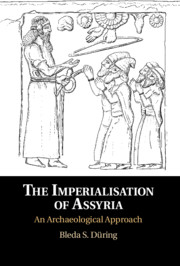In December 2017 the Venetian Region (local Authority), financed the creation of the Operational Group (OG) ‘Serinnovation’, within the framework of the Rural Development Plan supported by the European Community. The OG aims at coordinating and spreading innovation in sericulture through mechanisation of processes and centralisation of some rearing steps, the use of waste as by-products and traceability to promote local productions. The project acts on perceived quality by increasing the added value, through production cost efficiency, and on the recovery of the waste material for further applications (circular economy). The final target was to develop a niche-process to obtain traceable ‘Made-in-Italy’ silk for the luxury market and non-textile applications. A first strategy to increase the efficiency of the process was to build an automatic leaf cutting machine to prepare the feed for the first three instars of the silkworm (Bombyx mori Linnaeus). This new machine – based on a patent – was validated through several tests and compared with the cutting system previously used. The study was completed by a bioassay of production and survival rate associated with the introduction of this innovation. The results showed that labour saving is in the order of 10% compared to a semi-manual process, the leaf quality is not affected, survival of larvae and silk production are not significantly different from the control. This methodology is proposed as a study case for other similar mechanisation processes in entomological production, as the impact of innovations on insect physiology should be carefully considered.
